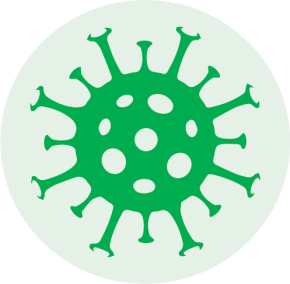

EDCTP portfolio: Emerging diseases
index


The Suitcaselab project is evaluating an innovative ‘laboratory in a suitcase’ for rapid detection of SARS-CoV-2 infections.
Safe field diagnosis of COVID-19

Molecular tests are the gold standard technology for identifying SARS-CoV-2 infections. However, polymerase chain reaction (PCR) testing relies on laboratory facilities that are not widespread in Africa, and transport of samples inevitably delays diagnosis.
This lack of capacity severely curtails the ability of many countries in sub-Saharan Africa to rapidly identify and isolate cases, undertake contact tracing, and provide care for people with SARS-CoV-2 infections.
The challenge

The Suitcaselab project is evaluating an innovative solar-powered ‘laboratory in a suitcase’ that can provide rapid results on COVID-19 infections in the field with relatively easy-to-use equipment.
The mobile suitcase detects the genetic material of SARS-CoV-2 without the need for the repeated heating and cooling cycles required of PCR-based laboratory tests. It is easy to use, powered by solar panels, requires no cold chain storage of reagents, and gives results within 20 minutes. Molecular probes specific for SARS-CoV-2 have been developed, and initial results suggest that the mobile suitcase lab performs as well as conventional PCR-based methods.
A second key feature of the set up is a specially designed ‘glove box’, which can be used to inactivate clinical samples and prevent any risk of transmission of virus to testers.
The project is being run as a multi-country trial, with seven sub-Saharan African countries with past experience of using the mobile suitcase lab evaluating the SARS-CoV-2 assays. In each location, samples will be analysed from confirmed cases and from controls (contacts who tested negative), providing data on 3,500 samples in total.
The project will play an important role in linking multiple countries in sub-Saharan Africa and in ensuring the adoption of common operating procedures. It is also engaging with key regional bodies such as the WHO Regional Office for Africa and the Africa Centre for Disease Control and Prevention, and project partners include several members of the EDCTP-funded ALERRT and PANDORA-ID-NET epidemic preparedness networks.
The project

The Suitcaselab project will generate rigorous data on the performance of a rapid molecular diagnostic test for SARS-CoV-2 that could potentially be used at drop-in centres, or at sites such as airports, and in remote locations. Use of the equipment could help to rapidly identify people with COVID-19 infections so they can be isolated and treated, and so trace and isolate and other control measures can be rapidly implemented.
Impact


“
test the safety and efficacy of this new formulation in young children
”
Bringing antiretroviral drugs to children

The CHAPAS trials have ensured that many more children with HIV have benefited
from life-saving antiretrovirals.
EDCTP portfolio: HIV & HIV-associated infections
The challenge
Molecular tests are the gold standard technology for identifying SARS-CoV-2 infections. However, polymerase chain reaction (PCR) testing relies on laboratory facilities that are not widespread in Africa, and transport of samples inevitably delays diagnosis.
This lack of capacity severely curtails the ability of many countries in sub-Saharan Africa to rapidly identify and isolate cases, undertake contact tracing, and provide care for people with SARS-CoV-2 infections.

The Suitcaselab project is evaluating an innovative solar-powered ‘laboratory in a suitcase’ that can provide rapid results on COVID-19 infections in the field with relatively easy-to-use equipment.
The mobile suitcase detects the genetic material of SARS-CoV-2 without the need for the repeated heating and cooling cycles required of PCR-based laboratory tests. It is easy to use, powered by solar panels, requires no cold chain storage of reagents, and gives results within 20 minutes. Molecular probes specific for SARS-CoV-2 have been developed, and initial results suggest that the mobile suitcase lab performs as well as conventional PCR-based methods.
A second key feature of the set up is a specially designed ‘glove box’, which can be used to inactivate clinical samples and prevent any risk of transmission of virus to testers.
The project is being run as a multi-country trial, with seven sub-Saharan African countries with past experience of using the mobile suitcase lab evaluating the SARS-CoV-2 assays. In each location, samples will be analysed from confirmed cases and from controls (contacts who tested negative), providing data on 3,500 samples in total.
The project will play an important role in linking multiple countries in sub-Saharan Africa and in ensuring the adoption of common operating procedures. It is also engaging with key regional bodies such as the WHO Regional Office for Africa and the Africa Centre for Disease Control and Prevention, and project partners include several members of the EDCTP-funded ALERRT and PANDORA-ID-NET epidemic preparedness networks.
The project
The later CHAPAS-3 trial compared the efficacy and safety of three fixed-dose combinations including two without stavudine (found to have some long-term side effects in adults, leading to a recommendation that its use be discontinued in children). The trial the first of its kind in Africa studied nearly 500 children at four sites in two African countries.
The Suitcaselab project will generate rigorous data on the performance of a rapid molecular diagnostic test for SARS-CoV-2 that could potentially be used at drop-in centres, or at sites such as airports, and in remote locations. Use of the equipment could help to rapidly identify people with COVID-19 infections so they can be isolated and treated, and so trace and isolate and other control measures can be rapidly implemented.
ratios forfixed-dose combinations and on appropriatedosage according to weight.
The CHAPAS-3 trial confirmed the effectiveness of fixed-dose combinations, providing further impetus to the rollout of antiretrovirals to children. Its evidence on abacavir informed the WHO recommendation of abacavir-containing combinations for first-line therapy in children. Trial data have also been used to support applications for regulatory approval for new scored efavirenz tablets.
Impact
L’homme RF et al. Nevirapine, stavudine and lamivudine pharmacokinetics in African children on paediatric fixed-dose combination tablets. AIDS. 2008;22(5):557–65.
Mulenga V et al. Abacavir, zidovudine, or stavudine as paediatric tablets for African HIVinfected children (CHAPAS-3): an open-label, parallel-group, randomised controlled trial. Lancet Infect Dis. 2016;16(2):169–79.
WHO. Guidelines on the use of antiretroviral drugs for treating and preventing HIV infection: recommendations for a public health approach. 2010.
WHO. Consolidated guidelines on the use of antiretroviral drugs
for treating and preventing
HIV infection: Recommendations for a public health approach
(second edition). 2016
Projects: Children with HIV in Africa Pharmacokinetics and Adherence of Simple Antiretroviral Regimens (CHAPAS): CHAPAS-1 and -3
Project lead: Professor Chifumbe Chintu, University Teaching Hospital, Zambia (CHAPAS-1); Dr Veronica Mulenga, University Teaching Hospital, Zambia (CHAPAS-3)
Target population(s): Children with HIV
Sample size: 71 (CHAPAS-1); 480 (CHAPAS-3)
Countries involved: Ireland, the Netherlands, the UK, the USA, Zambia (CHAPAS-1); Uganda, Zambia (CHAPAS-3)
Project duration: 2005–2009 (CHAPAS-1); 2010 –2011 (CHAPAS-3)
EDCTP funding: €1.2M (CHAPAS-1); €4.6M (CHAPAS-3)
Total project funding: €1.2M (CHAPAS-1); €5.0M